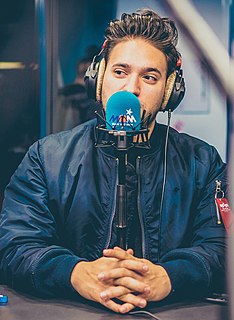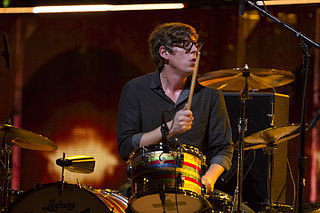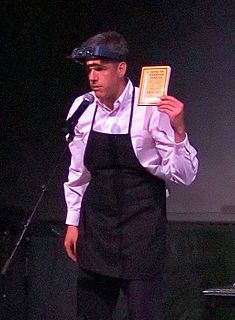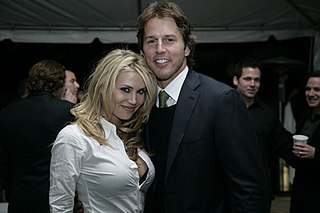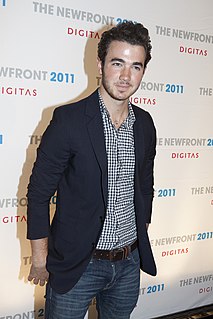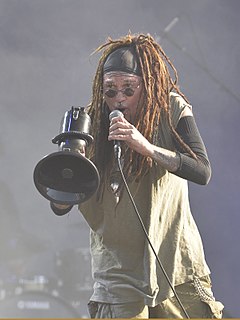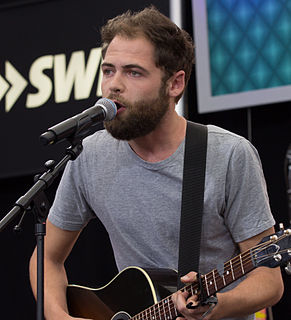A Quote by Nate Dogg
You can be more creative when you're not feeling like a slave. When you're on a record label, they have you like that.
Related Quotes
I think it gave us the freedom to be more creative and do things the way we wanted to do them, so if a label liked it that was cool and if they didn't like it fine. Ultimately it was up to us to sink or swim and there was nobody telling us what direction to go in. I think that made the entire record more diverse.
My record label, which is a huge record label who represents massive, massive stars - they've never done anything like this before, and they were so excited about this idea of an animated character which is singing legitimate music. It's not a comedy record, it's a legitimate record. And they really jumped on board. So, we've got our Facebook page up, we'll be jumping on Twitter very soon, and sort of be creating Haley outside of American Dad.
In theory, when you're working with a record label, you're just borrowing their money. And that's basically how the record industry works, right? It's like, you borrow $100,000 from a record label, so you don't make any money until you make back that money for them. In theory, they have you held hostage, so you've got to do every little stupid thing that they want you to do.
I struggled with the pressure of having the successful record after the first record. Second album syndrome. I'm living proof; it's very real. It was like a psychological battle to be creative. I used to never feel pressure to be creative; it's always just been a fun thing. And then suddenly it's my job, and people are asking, 'Where's the record?'
It was three breakups going on at the same time. It was breaking up with my band, and my boyfriend, and right after that, my record label. I was arguing a lot with my record label during that whole time, so maybe they all affected each other. This record, Mondo Amore, came out of a time that was really heartbreaking and confusing, and that's why I switched the sound up a lot, to make it sound a little bit grittier and more raw.
The label's going great, because we're not idiots. We're not trying to sue everyone that downloads everything. We try to give the fans a bunch of free stuff, and then have them buy the record. Without buying the record, it doesn't support your artist. These idiots like Radiohead and Sharon Osbourne that are like, "Free Ozzfest!", "Pay what you can for a record!" - Radiohead's already got their yachts and mansions. Sharon Osbourne already has her empire.
Finally I'd found this way where I didn't need a record label; I didn't need to wait for some phone call to tell me, 'Go and do it'. It's like, I'm going to get up with a bag of CDs and an amp and my guitar and make it happen for myself. That was such a liberating feeling, and I think it was the start of everything.



